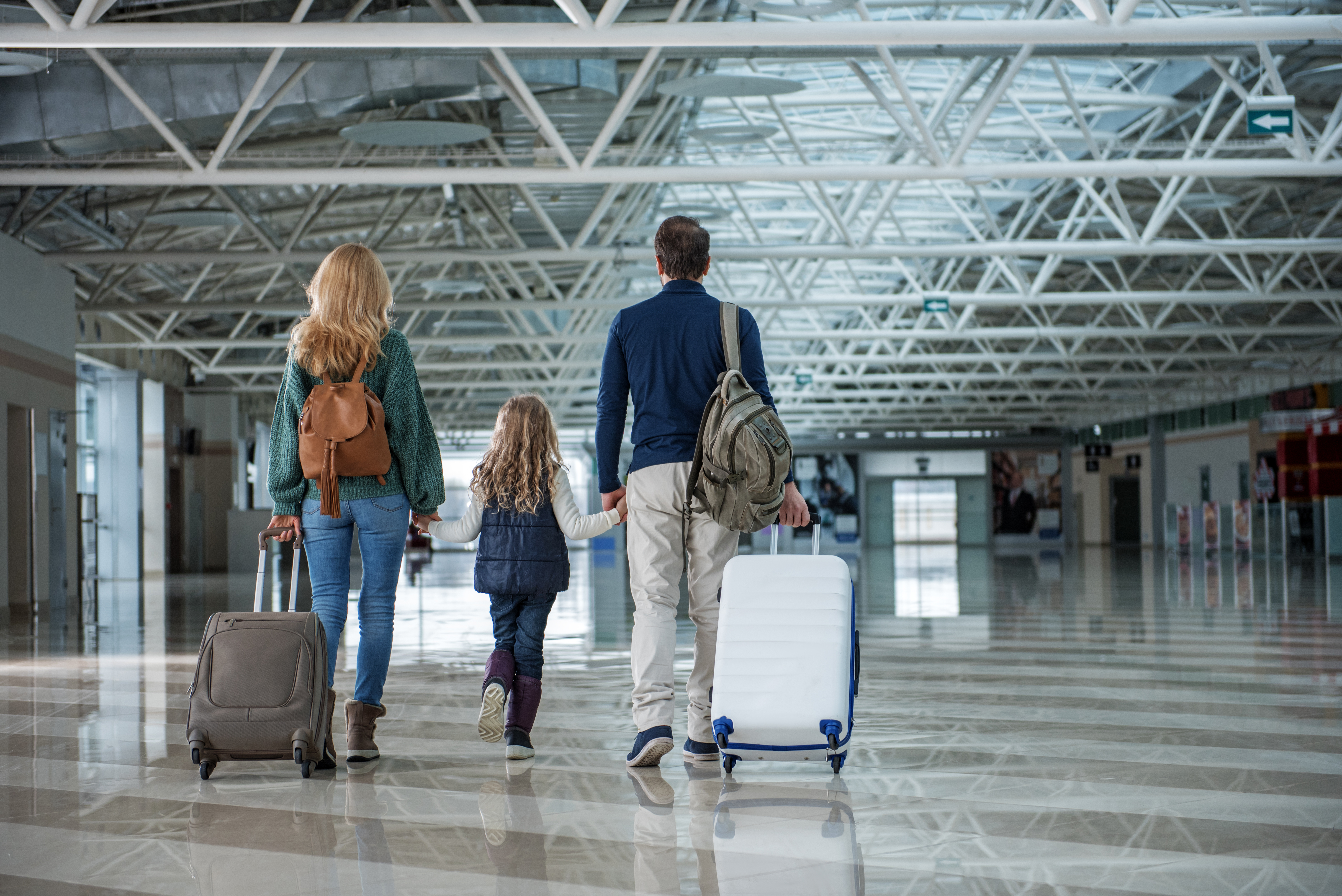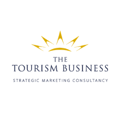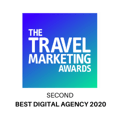How to Drive Late UK Bookings

In early 2019 UK outbound bookings had stalled, with travellers waiting until they had more information on Brexit. But with the decision pushed back to October, how can international destinations and travel operators make the most of this opportunity to attract late bookings?
The peak booking period for UK outbound holidays is usually January to March, but industry analysts have reported a 10% drop in bookings. Experts have cited numerous reasons for this, with uncertainty over Brexit being the most impactful, with travellers holding off on booking trips until they had more information. Both Tui and Thomas Cook have cited Brexit as the cause of their recent significant losses.
While the uncertainty of Brexit hasn’t gone away, what we do know is that it won’t happen before this summer. The new date of Halloween (how appropriate) means that potential holidaymakers are now free to consider their summer plans without the concerns of the after effect of Brexit.
Sophie Griffiths, Editor at TTG Media, agrees. “People are still going on holiday, that’s what’s key. They might just be waiting slightly later to book and there is also a change, perhaps, in consumer behaviour this year” she said.
According to Jon Young, Research Director at BVA BDRC, UK travellers were not in the booking mindset in early 2019. “At this stage, Britons still had numerous potential destinations on their shortlist which would be reduced by influences such as inspirational marketing, recommendations and personal budgets.”
This means there is a huge opportunity to influence people to come to your destination / travel with you for their summer trip this year
5 Tactics To Drive Late Bookings
So, what marketing tactics can you use now to inspire and convert UK travellers? Here are five that I recommend to drive immediate interest and bookings:
1. Impactful social media content
Social media plays a key role in all stages of the decision-making and holiday booking process. Facebook and Instagram are the main sources of social media inspiration for UK travellers and impactful content can be used to both inspire and convert potential visitors.
2. Sell an experience
Adventure travel is becoming mainstream with travellers seeking out activities like climbing, cycling, hiking, and even adrenaline activities (like bungee jumping). The less adventurous travellers are still looking for an experience – one that is precious, rare, and most important, invested in emotional value. Travellers are after ‘bragging points’ in an ‘authentic’ travel experience.
3. Paid social
Paid Social media allows you to target a highly engaged audience with the right messages and drive interest and traffic. Social channels allow for rich media and impactful advertising in a wide variety of creative formats.
4. Retargeting
Conversion rates are 2 – 3 times higher for repeat visitors to your website than for first time visitors. By retargeting users who have visited your website, you can provide significant results from advertising. You are able to retarget with social and Google ads based on users who have engaged with ads, videos and those who have visited your website previously.
5. Digital Radio and Digital TV
Use marketing channels that provide in-depth targeting to really make sure that your message is being seen by the right audience. Digital Radio and TV have significant reach and now provide targeting capabilities to rival social advertising – this opens up great opportunities through these channels.
If you’re interested in taking advantage of late booking trends and driving UK visitors to your destination this summer, get in touch today. We would love to help.
Simon is one of the founders of Digital Visitor and has over 20 years marketing experience in the tourism sector, particularly with destinations and visitor attractions.










